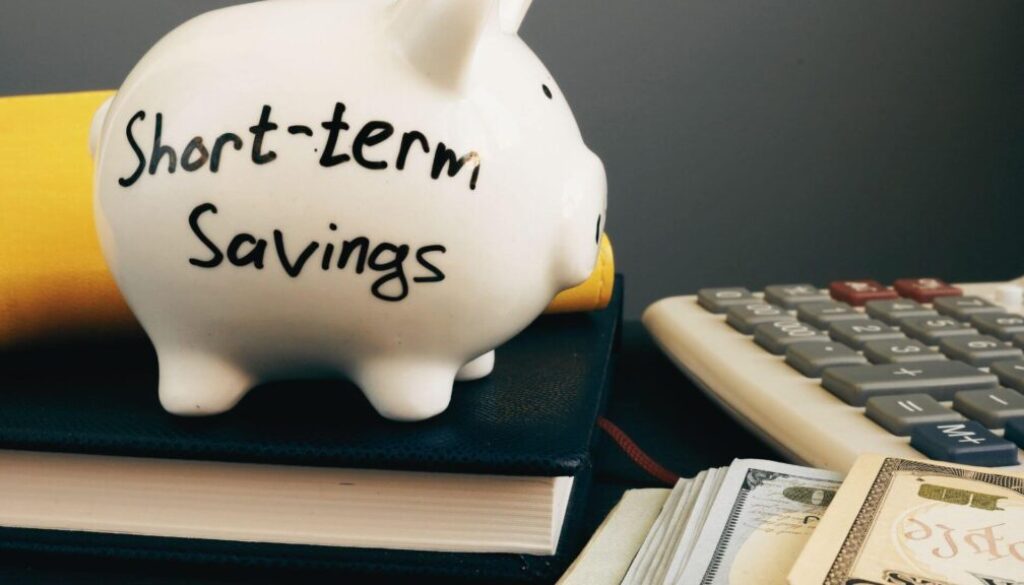Low-Risk Options for Short-Term Savings: Balance Safety and Returns
If you’re willing to take on a little more risk in exchange for better returns, there are several low-risk investment options that offer higher yields than traditional savings accounts. In our previous discussions—Part 1, The Smart Way to Invest for Short-Term Savings: An Overview, and Part 2, Risk-Free Short-Term Investment Options—we explored safer strategies for short-term savings. Now, we’ll look at options that, while carrying some risk, still protect your principal and provide steady returns.
Short-Term Bond Funds
Short-term bond funds are a type of mutual fund that invests in bonds and, consequently, in other fixed-income securities that provide a combination of flexibility and performance; these bonds take a maturity of up to three years. These funds are such as government bonds and high-quality corporate bonds, which yield more than a savings account while the risks incurred are relatively low. However, it is good to remember that bonds are affected by the rates in the market; in this process, whenever rates increase, the price of the bond is likely to be less than it was initially, so there is an element of risk here.
Why Consider Treasury Bills?
Treasury bills are government-secured, and interest rates have not been this high in over 15 years. This makes T-Bills very attractive for the conservative investor in search of a less risky, but very good, investment. In light of such an opportunity, it is worthwhile to mention that Markowski Investments is offering a market-making period without charging any commission or fees for buying T-Bills.
Tip: To reduce risks, investors should diversify across different bonds and keep abreast of opportunities, such as periods when there are no fees in government securities.
Money Market Funds
Money market funds are mutual funds comprised of low-risk, short-term securities like Treasury bills, government bonds, etc. & high-quality corporate debt. In particular, it is necessary to stress that money market funds are not protected by the FDIC, unlike money market accounts. However, they are generally regarded as safe and yield a return higher than that of a savings account, even if they lack insurance. Money market mutual funds are ideal for investors who would wish to have their funds readily available at any one time and desire minimal risks as well as a constant stream of income.
Tip: Money market funds are for funds you may need in the short run, for instance, an emergency fund, but you desire more returns than those of the savings account. Often you have to look at the expense ratio to make sure that the management fees do not reduce your earnings.
Ultra-Short-Term Bond ETFs
Ultra-short-term bond ETFs are ETFs that invest in a bond that has a maturity of one year or less. These are intended to offer slightly higher yields than money market funds while still retaining quite liquid investment portfolios. They are classified under short-term bond funds but have even a shorter maturity period, making them ideal for better risk avoiders with long investment horizons. Despite the relatively low risk attached to these investments, shareholders in these ETFs are always vulnerable to changes in interest rates as well as other market forces.
Tip: If engaged in the ultra-short-term bond ETFs, then use them as a somewhat higher yielding cash substitute. However, always remember the prevailing market rates and the interest rate fluctuations since they can significantly display their impacts on your cash inflows within a short time of investing.
Looking Ahead
In the subsequent blog, we shall look at the different investment opportunities suited for clients with a moderate risk tolerance in regard to potential returns. More advice on how to get the most from your short-term savings plan is coming soon.




